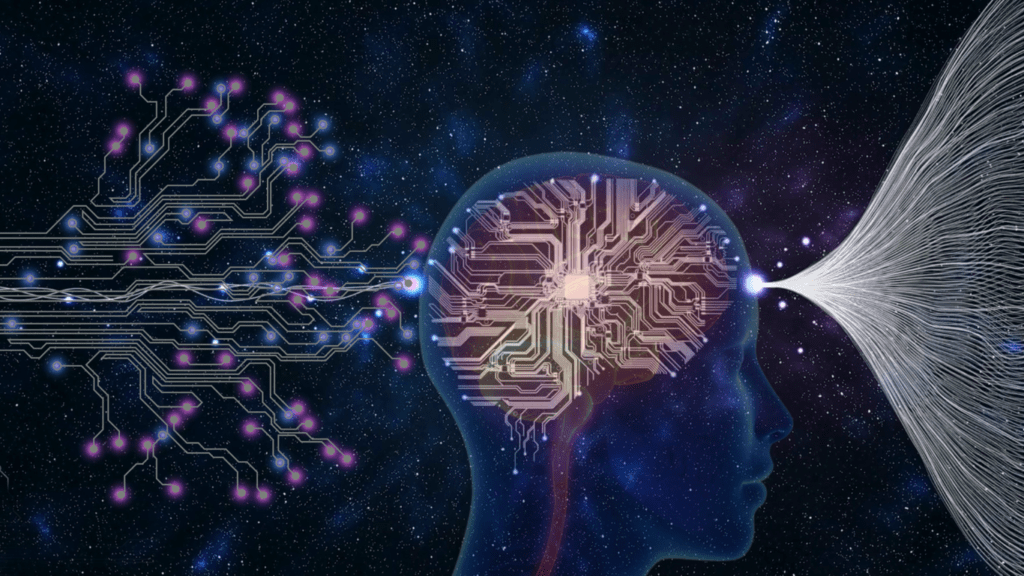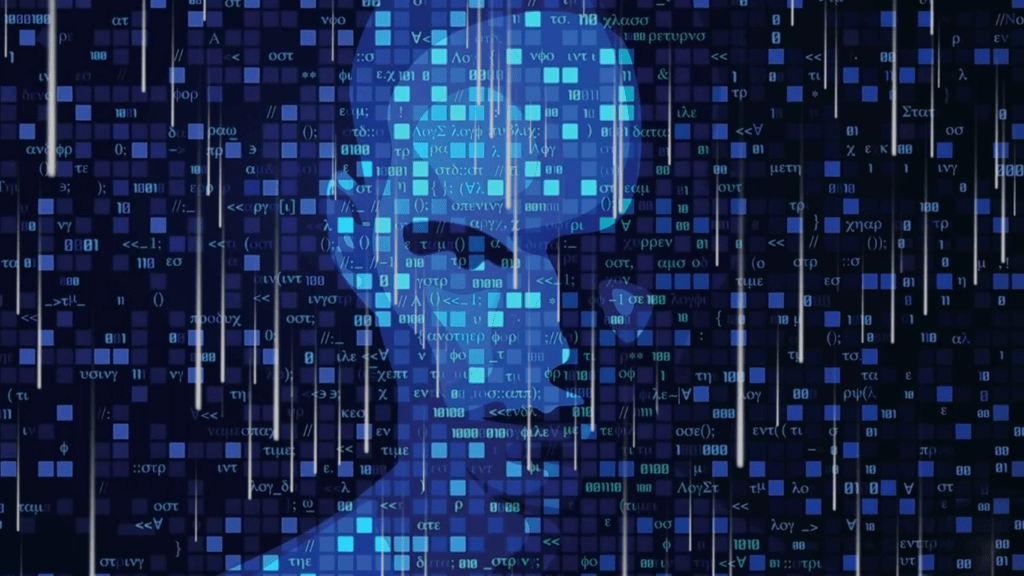In today’s rapidly evolving landscape of mental health treatment, the integration of Artificial Intelligence (AI) is revolutionizing the development of innovative therapies. As a writer deeply immersed in the field, I’ve witnessed firsthand the profound impact of AI on shaping the future of mental health care.
Understanding Mental Health Therapies
In mental health, therapies play a crucial role in helping individuals manage their conditions effectively. These therapies encompass a range of interventions designed to improve the well-being and mental health of individuals experiencing psychological challenges. From traditional talk therapies to innovative approaches integrating AI technologies, the landscape of mental health therapies continues to evolve.
Psychotherapy, also known as talk therapy, is a common form of mental health treatment where individuals work with a therapist to explore their thoughts, feelings, and behaviors. This process aims to identify and address underlying issues, develop coping strategies, and promote emotional well-being. Cognitive Behavioral Therapy (CBT), a widely used form of psychotherapy, focuses on changing negative thought patterns and behaviors to promote positive outcomes.
Another essential aspect of mental health therapy is medication management. Psychiatric medications are prescribed to address symptoms of various mental health disorders, such as depression, anxiety, and bipolar disorder. These medications help regulate brain chemistry, alleviate symptoms, and improve overall functioning. It is crucial to work closely with a healthcare provider to ensure the safe and effective use of medications as part of a comprehensive treatment plan.
In recent years, technological advancements have paved the way for innovative approaches to mental health treatment. Artificial Intelligence (AI) has emerged as a powerful tool in the development of new therapies and interventions. AI algorithms can analyze vast amounts of data, detect patterns, and generate insights to personalize treatment plans for individuals with mental health conditions.
By integrating AI into mental health therapies, clinicians can access valuable information to tailor interventions based on individual needs and preferences. AI-driven applications can track mood fluctuations, predict potential crises, and provide timely interventions to support individuals in managing their mental health effectively. These personalized approaches enhance the efficacy of therapy and improve outcomes for individuals seeking mental health support.
In understanding mental health therapies, it is essential to recognize the diverse range of interventions available and the potential of AI technologies to enhance treatment outcomes. Combining traditional therapeutic approaches with innovative AI solutions holds promise for revolutionizing mental health care and improving the well-being of individuals worldwide.
The Role of Artificial Intelligence in Mental Health
As I explore the impact of Artificial Intelligence (AI) on developing new mental health therapies, it’s crucial to understand the significance of AI-enhanced therapy tools in revolutionizing the landscape of mental health care.
AI-enhanced Therapy Tools
Incorporating AI technology into therapy tools is transforming the way mental health treatments are approached. These tools leverage AI algorithms to analyze vast amounts of data, providing personalized insights and treatment recommendations tailored to individual needs. By tracking patterns and predicting changes in mood or behavior, AI-enhanced therapy tools offer healthcare professionals valuable information to optimize therapy sessions and improve outcomes. The seamless integration of AI into therapy tools is poised to enhance the efficiency and effectiveness of mental health interventions, ultimately benefiting individuals seeking support for their well-being.
Implementation of AI in Developing New Therapies
Expanding on the integration of Artificial Intelligence (AI) in mental health treatments is a significant leap forward in therapy development. AI’s capacity to assess diverse datasets, tailor treatment plans, monitor mood variations, and anticipate crises presents a transformative aspect to therapy evolution. By fusing conventional therapeutic techniques with AI solutions, there’s immense potential to reshape mental health care and elevate overall well-being on a global scale.
Incorporating AI-enhanced therapy tools provides an unprecedented avenue for personalized insights and treatment suggestions. Through the utilization of AI algorithms that parse data, these tools furnish tailored recommendations. By tracing patterns and foreseeing shifts in mood or behavior, these resources furnish vital data to refine therapy sessions and bolster results, consequently amplifying the efficiency and efficacy of mental health interventions.
Barriers and Challenges in AI-based Therapies
Continuing from the integration of Artificial Intelligence (AI) in mental health treatments, it’s crucial to address the barriers and challenges faced in implementing AI-based therapies. AI has immense potential in transforming mental health care; however, several obstacles need to be navigated to maximize its benefits.
- Limited Data Access:
Though AI thrives on data, access to comprehensive and diverse datasets in mental health can be restricted. Gathering quality data from various sources and ensuring its accuracy and relevance is essential for effective AI-driven therapy solutions. - Ethical Concerns:
The ethical implications of using AI algorithms in therapy raise significant concerns. Issues such as data privacy, informed consent, and algorithm biases must be carefully managed to uphold the integrity and trustworthiness of AI-based mental health interventions. - Regulatory Hurdles:
Navigating the complex regulatory landscape in the healthcare industry poses a challenge for integrating AI into mental health therapies. Adhering to strict regulations, data protection laws, and ethical guidelines is paramount to ensure the safe and ethical deployment of AI solutions. - Integration with Traditional Therapy:
Balancing the integration of AI-based tools with traditional therapeutic approaches like counseling and medication management requires skillful coordination. Ensuring seamless collaboration between AI technologies and human therapists is essential to maintain the holistic nature of mental health treatment. - User Acceptance and Trust:
Building user acceptance and trust in AI-driven mental health therapies is crucial for their widespread adoption. Educating patients and healthcare providers about the benefits and limitations of AI, addressing concerns about technology replacing human interaction, and fostering transparency in AI algorithms are key factors in gaining trust and acceptance.
By acknowledging and addressing these barriers and challenges, the integration of AI in mental health therapies can be optimized to enhance patient outcomes and revolutionize the field of mental health care.


